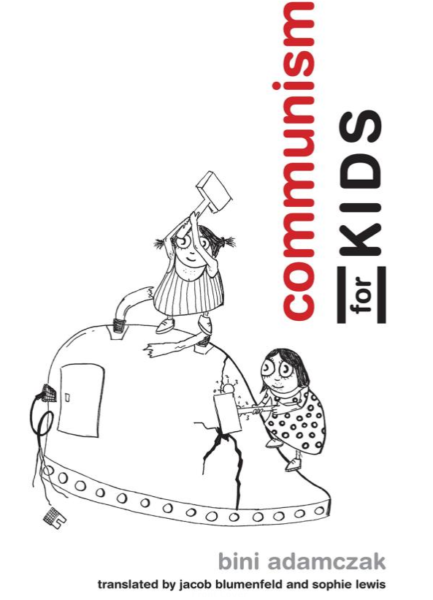Nick Gillespie on the outcome of the most recent battles in the culture wars:
Spoiler alert: I think libertarians have already won the culture war in the most important ways possible. Whether it’s businesses like Whole Foods, Overstock, and Amazon; the massive and ongoing proliferation of platforms such as Netflix, YouTube, and Twitter; or gig-economy titans such as Uber and Airbnb, capitalism and entrepreneurship has been recast as an innovative, disruptive, liberatory system that allows us all to produce and consume whatever we want under increasingly personalized and individualized circumstances. What we need to do next to nail down what Matt Welch and I have dubbed The Libertarian Moment is to articulate the ways in which our society’s cultural, economic, and even political operating system has already bought into the idea that decentralization, individualism, innovation, and freedom to experiment.
If the medium is the message (all props to Marshall McLuhan) — if an operating system is more important than any specific content generated within that system — what has been abjured as “late capitalism” for decades has effectively ended all debates about how libertarian policies and mind-sets have freed us from bland top-downism in all parts of our lives. This isn’t to suggest that we are in any way living a utopian dream. It’s simply to point out that even after 15 years of drowsy economic growth and a massive expansion of state (and in many ways, corporate) power, our living standards continue to rise. Add to that huge advances in tolerance and change when it comes to racial, ethnic, and gender disparities and transformative shifts on topics as varied as drug policy, sexual orientation, criminal-justice reform, and gun rights too.
Cultural and political pessimism isn’t just a losing strategy, it’s a misimpression. Again, that’s not to say that massive problems don’t exist and need to be confronted. Will we ever see an actual federal budget again, much less that cuts government spending? U.S. foreign policy remains a shameful, disastrous, and destructive hodgepodge of hubris and stupidity. Speech and expression are under attacks from the right and the left, and the bipartisan turn against free trade and the easy movement of people across borders needs to be beaten back. As the late, great Arthur Ekirch explained in his neglected masterpiece The Decline of American Liberalism, forces of decentralization and centralization — of liberation and authoritarianism, of individualism and collectivism, of choice and coercion — have been slugging out in the United States since before there was a United States. The question is whether we are moving generally in a direction of more autonomy and less restriction on how we live our lives.




